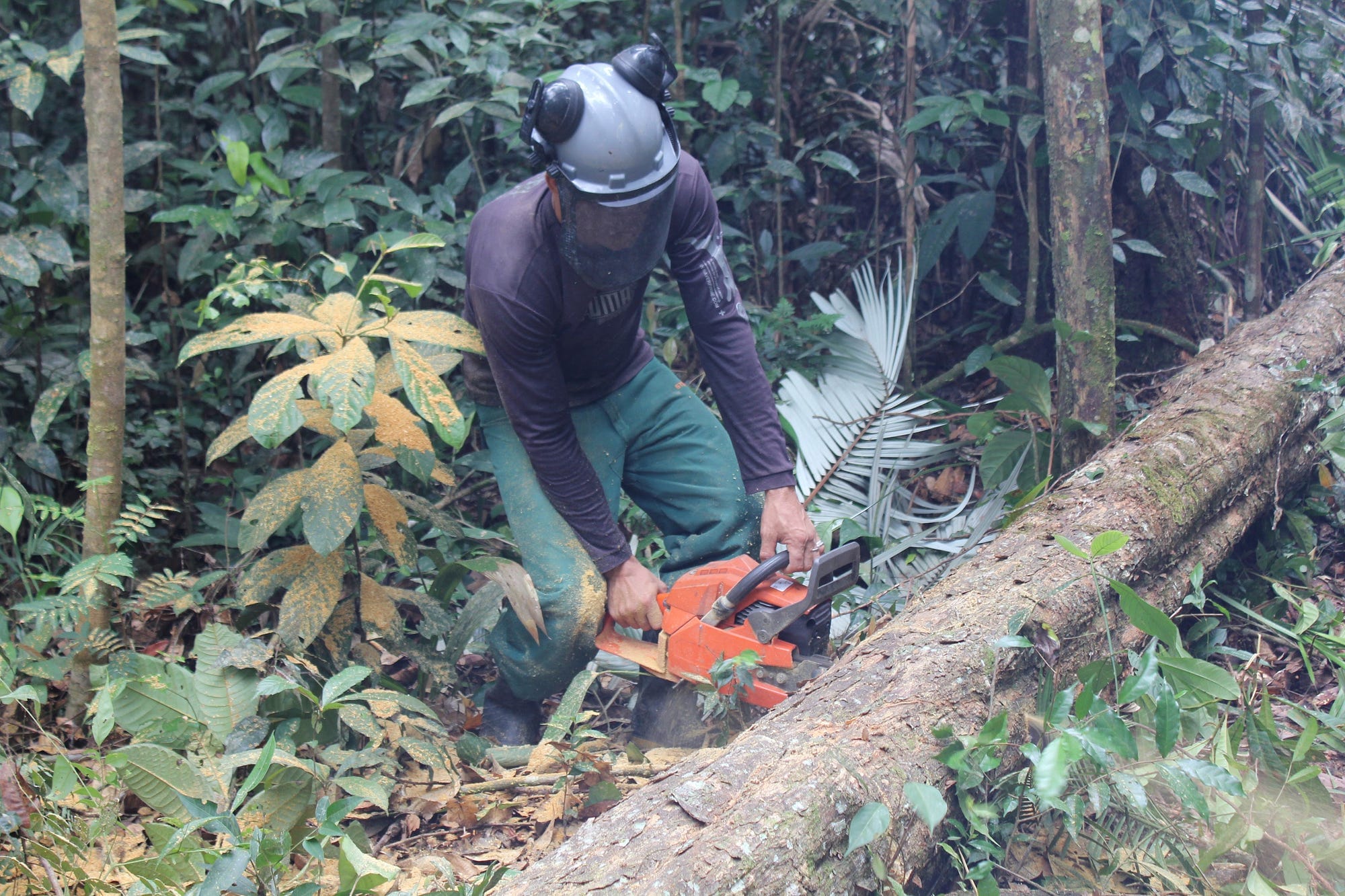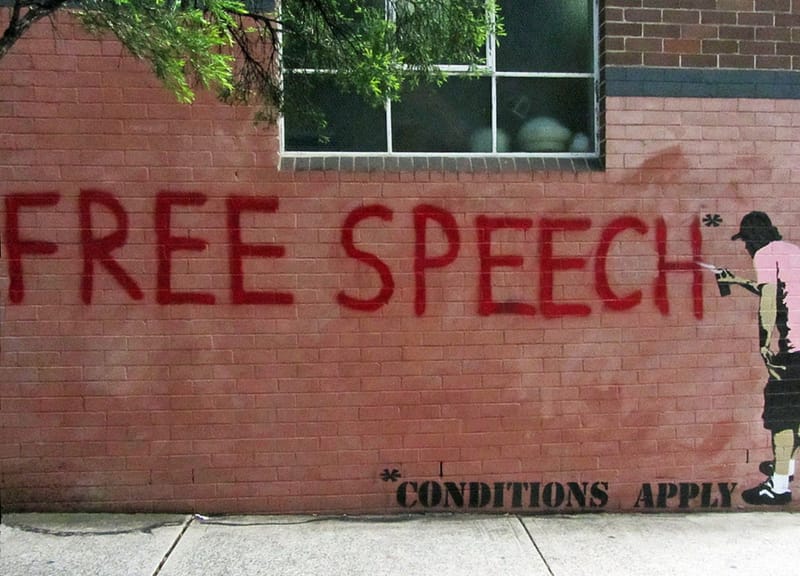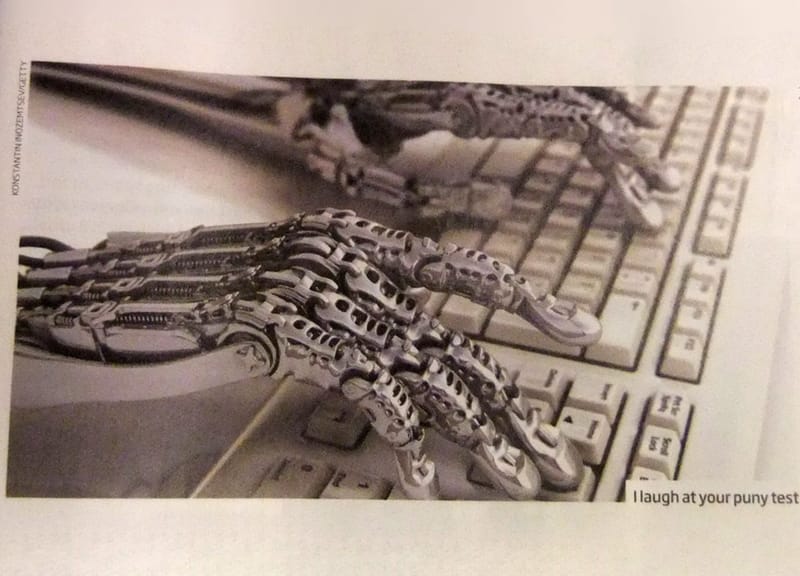A World Without Choice
Thanks, economics

Last week, I interviewed journalist Heriberto Araujo about the untold stories of the Amazon, and his three-year investigation to uncover a widespread underworld of violence, corruption, and impunity that has delivered the riches of the Amazon to a ruthless elite.
The story which stuck out to me is the amount of people who feel forced to do what they have to do. Whether that be Maria Joel, the widow of the murdered activist who spent the past 20 years seeking justice for her husband and continuing his fight to protect the jungle. This “normal housewife” never imagined the life for herself and her children, yet she was forced to take it on when her husband bled out in her arms on the doorstep of their home.
Others forced into living a life they don’t want are many of the loggers and miners who are aware of the destruction the industry causes but say they have no choice because their families depend on them for survival, and so they are forced to destroy their native lands because they have to participate in an economic system that has centralised all control to what looks like a state but is actually the global system of capitalism itself, a system which eradicates diversity cultural knowledge, entrapping citizens in dependence.
Indigenous tribes are forced to protect their lands from machines and extractors and exploiters even though they themselves have a very harmonious relationship with the land and do not encroach on others’ land or even the health of the jungle itself.
Even the bad guys of Heriberto’s story feel forced: Studies show that deforestation in the Amazon has been linked to rising inflation, meaning companies, landowners and ranchers are so concerned for their economic well-being that they grab land from the state, protected pieces of forest, going through an elaborate process of forging documents just so they will have a stable asset which will appreciate in value. They are buffeted by the unstable economics of a nation which in the past 20 years has seen a three digit rise in inflation.
Even as a nation, Heriberto says, it’s hard to imagine how Lula will achieve zero deforestation because the Amazon is such a vast resource, and if Brazil wants to play on the world stage, and is committed to growth, then it will be forced to exploit that resource and extract from it.
Everybody's forced into positions that they do not want to be in thanks to our globalised system of extractive capitalism. We become so easily entrenched.
I remember having a conversation with a woman who had been an air hostess in first class for Virgin airlines, and had flown seemingly every celebrity under the sun. She said the most extraordinary thing: “I feel sorry for these rich people because they have to maintain this lifestyle, they’re expected to live it, and so even though they have all the money in the world they have to keep working to earn more.”
At the time I scoffed. But the more I learn about system dynamics and the fundamental impotence as most individuals who are instead granted power for the role they play within the system, the more I understand the sentiment between her words. Don’t get me wrong, I’m not saying sympathy should be directed towards the Hollywood Hills, but that which we perceive to be autonomy, paid for, is often merely the homogenisation of possibility as the system of capitalism acts upon us, robbing us of choice.
We are trading the riches of the world for scarcity; we have bestowed madness upon ourselves.
© Rachel Donald
Planet: Critical is 100% independent and reader-funded. If you value it, and have the means, become a paid subscriber today!



